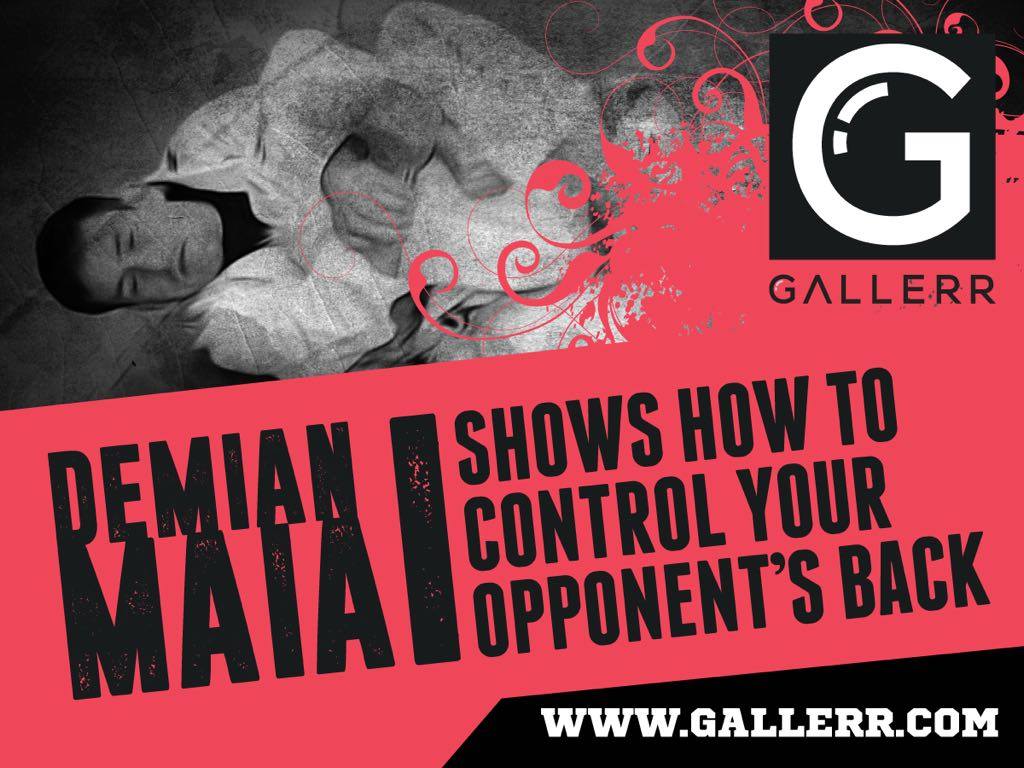 In November 2016, Demian Maia was on the cover of Graciemag #235, whose headline presented him thus: “Mr. Efficiency – With elegant technique and the poise of a champion, Demian Maia cements himself as the greatest finisher of his generation in MMA, and teaches you how to pursue excellence in the gentle art.” In this video, produced by the Gallerr team, you get access to those virtues.
In November 2016, Demian Maia was on the cover of Graciemag #235, whose headline presented him thus: “Mr. Efficiency – With elegant technique and the poise of a champion, Demian Maia cements himself as the greatest finisher of his generation in MMA, and teaches you how to pursue excellence in the gentle art.” In this video, produced by the Gallerr team, you get access to those virtues.
Demian teaches the minutiae of his specialty: controlling opponents’ backs. Once he reaches that position, the student under Fabio Gurgel rarely ever loses control over his foe. Even when that foe manages to rid himself of one hook, Demian finds room to move without expending energy, make some adjustments and — with impressive calm — regain control of the back.
Note that what Demian teaches here is extremely simple and to the point. None of it hinges on gi grips. You can use it all in classical BJJ as well as in no-gi matches, MMA bouts and self-defense scenarios.
“Control of the back is based on an essential concept,” he explains. “The fighter who is attacking needs to keep an alignment between their own hips and their opponent’s hips. If this alignment is undone and the opponent manages to slip the back and touch it to the ground, it gets much harder for there to be control. It’s at this time that the attacker must move in the way I show in the video, and redo the control.”
It was based on this logic that Demian clung to the back of tough opponents like Carlos Condit, Matt Brown and Neil Magny, proceeding to achieving spectacular submissions in the Octagon.
It’s worth your while to practice what is taught here, honing the way you handle back control. After doing so, give it a shot in sparring sessions, and later in tournaments. Even if at first you lose the position and fail to reach the finish, keep it up. That is, after all, how you evolve in BJJ. “I like using basketball as an example,” Maia says. “Even in the NBA, at the highest level, every day the players practice the layup, right? In BJJ it has to be the same way. Constant repetition of the techniques — even the simple, basic techniques — is key to shaping and maintaining the great players.”


